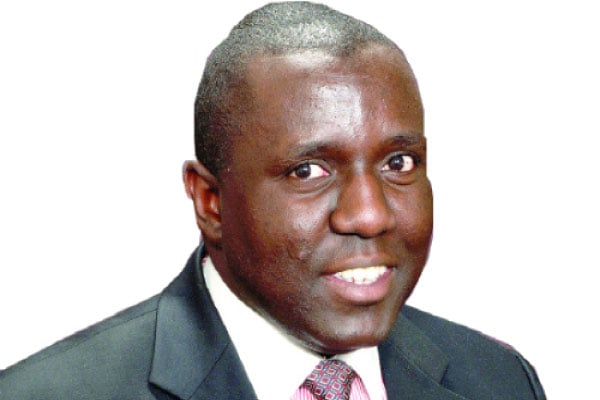Kabul falls, Lusaka ousts incumbent Edgar Lungu

Author: Mr Karoli Ssemogerere is an Attorney-at-Law and an Advocate.
What you need to know:
The fall of Kabul, while expected, came at a lightning speed destroying Western hegemonic efforts to tame Central Asia
Two widely predicted world events crystallised this week. First was the fall of Kabul to the Taliban and hasty departure into exile of Ashraf Ghani the former president.
Second was the landslide victory of Opposition leader Hakainde Hichilema in Zambia over incumbent Edgar Lungu.
Locally, there were significant statements by President Museveni admonishing security agencies from different forms of torture, and annihilation of unarmed citizens.
The fall of Kabul, while expected, came at a lightning speed destroying Western hegemonic efforts to tame Central Asia. Afghanistan featured in the fall of the Soviet Union after withdrawal of Soviet troops from Afghanistan in 1979.
In Iran, the fall of the Shah, an American puppet in the same year, was widely blamed for Jimmy Carter’s loss in the 1980 elections at the height of an inflationary spell, high oil prices and decades of urban unrest.
The Talibanthen in 2001 and now again 20 years later, will be in charge putting to rest another failed episode of nation building. Along the wayside will be Haiti (where an earthquake over the weekend) left hundreds dead.
A number of low-intensity conflicts continue all over the world, partly fueled by separatism, fights over natural resources, ideological differences and simply political spoils pitting the military against civilians or different political factions fighting for control of the nation state.
In Zambia, the electoral system has delivered three presidential changes through the ballot box; Kenneth Kaunda (1991), Rupiah Banda (2011).
Frederick Chiluba was term limited in 2009 and was replaced by Levy Mwanawasa who died in office in 2011.
The same fate befell Michael Sata in 2014, who was replaced by Guy Scott, Zambia’s first white president, who served the remainder of Sata’s term.
Mr Lungu has been president since 2015. In all terms, Zambia has ticked all the boxes of a unitary republic, the rallying cry, Mr Lungu invoked when conceding. He mentioned that there had been mishaps but the country was much bigger than his or his party’s interest.
The second box Zambia has ticked is power shifting from one party to another without any major event.
Very few countries in Africa have cleared this bar even though the company is growing, Ghana, Kenya, Malawi, DRC have all ticked this box successfully.
For all this shortcomings, Mr Lungu has rationalized power by acquiring it in a ballot box and ceding it again in a ballot box. People in Zambia are culturally calm even though unsettled by tough economic times and the ruinous effects of Zambia’s default on its foreign debt and alarm at how fast the Chinese have entered and dominated their economy.
President Museveni also gave a special security address admonishing security organs to stop torturing Ugandans. This subject has been redder in the immediate period preceding the January 2021 election. The November riots and the aftermath of detention of Opposition activists have caused widespread alarm.
This is a useful observation but sometimes skirts the real issue whether after 50 years of independence, Uganda’s electoral system can produce similar outcomes as Kenya, Zambia, Ghana, Malawi, and others. Ceding power is not easy.
President Mutharika in Malawi faced this test and sought before abandoning assistance of the army. The infliction of torture is a legacy problem akin to an eye for an eye, a failed political and judicial system. However torture also appeals to the human being’s most primitive instincts.
The courts have in unison spoken against torture in all forms, needless to say that torture is prohibited by the UN Convention against Torture (CAT), and numerous other conventions to which Uganda is a party. Police and the army have also accumulated fortunes in legal claims pursued in court a mountain of debt that government is struggling with.
Lastly, torture carries a permissiveness that it is necessary to achieve a particular outcomes. Individuals singled out for punishment cry foul they have been victimised whereas not.
Mr Ssemogerere is an Attorney-At-Law and an Advocate. [email protected]




